Israel agreed “in principle” on December 27 to allow Cyprus, with British support, to open a humanitarian maritime corridor to the Gaza Strip, as famine and war have left the population in the area in “grave danger”.
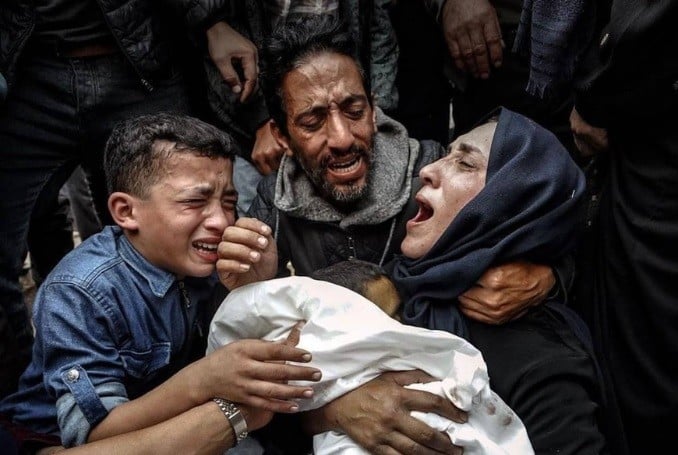 |
| Lack of food and medicine, daily fighting and not knowing when they will lose their loved ones are what people in the Gaza Strip are facing due to the Israel-Hamas conflict. (Source: Eyes on Palestine) |
Israel's Hayom newspaper reported on December 27 that through the corridor, more supplies and equipment will be brought into the besieged Palestinian enclave, which so far has relied only on the Rafah border crossing with Egypt and, more recently, the Karem Abu Salem (Kerem Shalom) crossing with Israel.
Israeli Foreign Minister Eli Cohen informed his counterparts in Cyprus and the UK about the decision, noting that the corridor could begin operating “after completing the necessary preparations.”
The decision was made on the same day, World Health Organization (WHO) Director-General Tedros Adhanom Ghebreyesus called on the international community to take "urgent measures to reduce the serious danger facing people in the Gaza Strip".
Mr. Tedros pointed out that up to 21 out of 36 hospitals in the Gaza Strip are no longer functioning, while food needs continue to be urgent across the Gaza Strip and people have asked convoys to stop in search of food.
In addition, WHO's ability to provide medicines, medical supplies and fuel to hospitals is increasingly constrained by hunger and people's desperation.
The safety of humanitarian workers and the ability to maintain continuity of assistance depends on more food being delivered to the entire Gaza Strip immediately, according to the WHO Director-General.
“The new resolution adopted by the UN Security Council offers hope for improved humanitarian aid delivery in Gaza. However, based on eyewitness accounts on the ground, it has not been very effective,” Mr. Tedros stressed.
“What we need right now is a ceasefire to spare civilians from violence and begin the long road to reconstruction and peace,” the WHO chief said.
In another regional development, also on December 27, Palestinian health officials said that Israel used unmanned aerial vehicles (UAVs) to attack an area near the town of Tulkarem in the West Bank, killing six people.
The Israel Defense Forces (IDF) admitted to using UAVs and mobilized troops to raid the Nur Shams refugee camp in the West Bank, arresting three wanted Palestinian suspects and seizing several weapons. Several Palestinian gunmen threw explosives at the IDF and six Arabs were killed in the attack.
Israelis near Tulkarem have recently reported hearing what sounded like digging under their homes, prompting the IDF to conduct repeated raids in search of tunnels. The area has become a source of heightened concern for a possible repeat of the October 7 cross-border attack.
During the raids, the Israeli army seized several homemade rockets and various other weapons.
Source



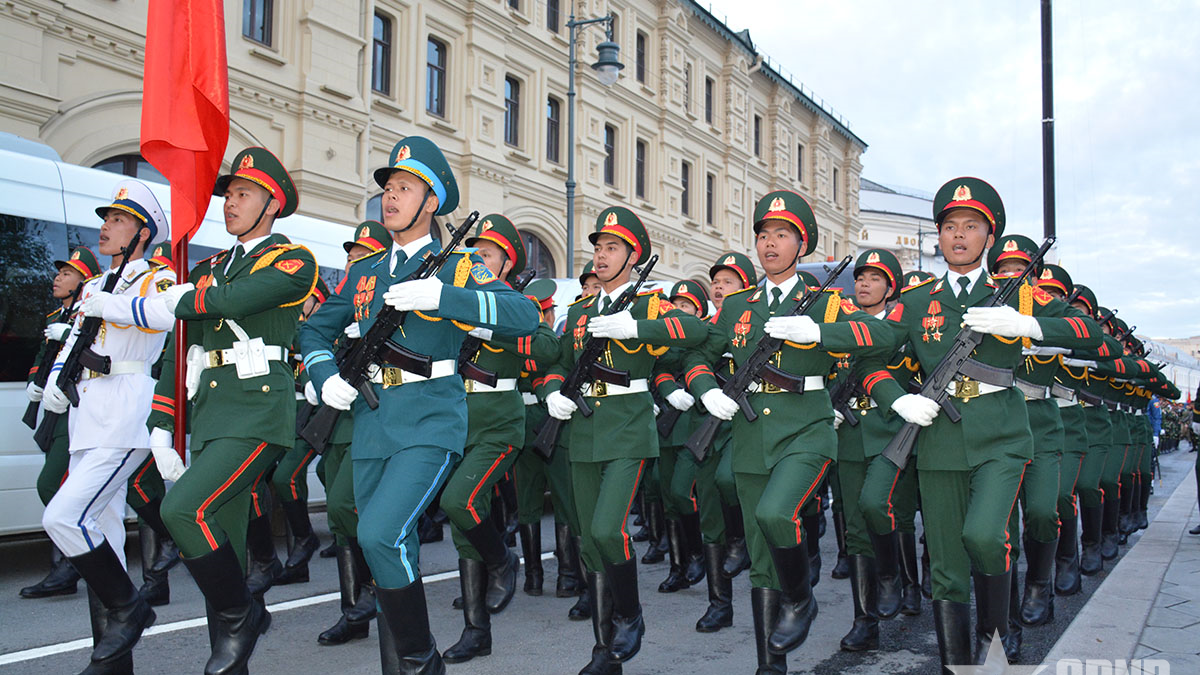
![[Photo] Vietnam shines at Paris International Fair 2025 with cultural and culinary colors](https://vphoto.vietnam.vn/thumb/1200x675/vietnam/resource/IMAGE/2025/5/4/74b16c2a197a42eb97597414009d4eb8)



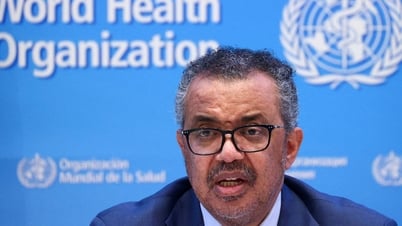






















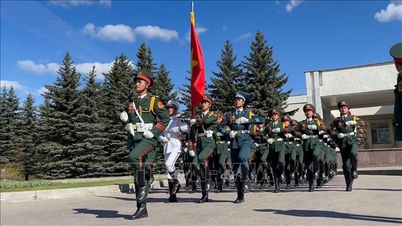






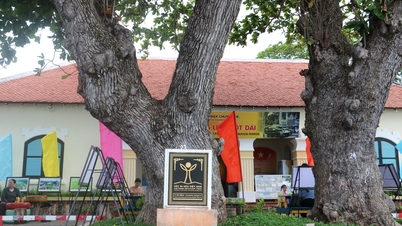

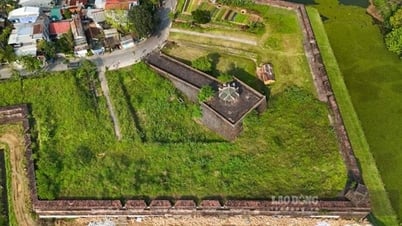



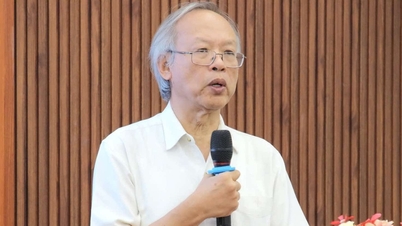

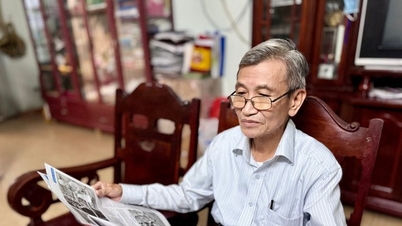












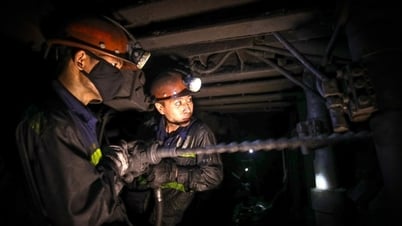


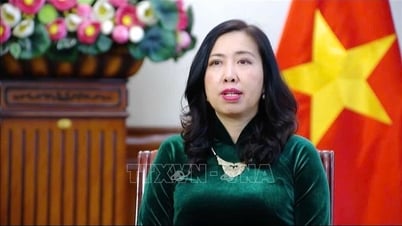


























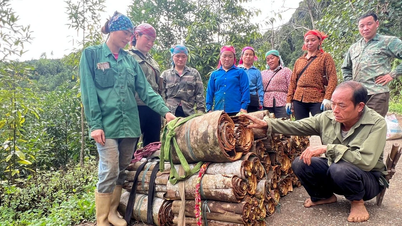






![[Video]. Building OCOP products based on local strengths](https://vphoto.vietnam.vn/thumb/402x226/vietnam/resource/IMAGE/2025/5/3/61677e8b3a364110b271e7b15ed91b3f)



Comment (0)